Just as small businesses across the country, Not-for-profit organisations (NPOs) and Registered Charities have been severely impacted by the COVID-19 pandemic. To help your organisation survive the storm, several relief measures and deferrals specific to your sector have been put in place. Below is a summary of what you need to know.1. 75% Canada Emergency Wage Subsidy (“CEWS”)
Federal government wage subsidy of up to 75% for qualifying NPOs and Charities for up to 3 months retroactive to March 15, 2020:
- The subsidy covers the first 75% of salaries up to a maximum annual salary of $58,700 (the maximum subsidy is $847 per employee per week for those earning $1,129 per week or higher).
- The revenue test compares the monthly revenue results for March, April and May 2020 to either the same period in 2019 or to the average revenues in January and February 2020.
- For the month of March 2020, the revenue reduction to qualify for the subsidy is 15% or more, whereas for April and May the revenue reduction is 30% or more.
- NPOs and Charities can use cash or accrual accounting to determine their revenues. You can also choose to include or exclude government funding to determine your revenue reduction.
- Qualifying for the subsidy in one period automatically qualifies you for the immediately following period.
- You can apply for the subsidy through the CRA My Business Account site.
2. Canada 10% Temporary Wage Subsidy
Employers registered with a CRA payroll account on March 18, 2020, qualify for the 10% temporary wage subsidy:
- The subsidy is 10% of the wages and salaries paid between March 18 and June 19, 2020 but is limited to $1,375 per employee and $25,000 per employer.
- The subsidy can be claimed by reducing your remittances for Federal income taxes deducted at source.
- The 75% CEWS subsidy is reduced by the amount the NPO and Charity is eligible to claim from the 10% Temporary Wage Subsidy. Therefore, NPOs and charities should make the claim for the 10% subsidy.
1. Canada Emergency Business Account (CEBA)
Eligible NPOs must show a 2019 payroll between $20,000 and $1,500,000 based on 2019 T4SUM summary of remuneration paid. You must also have opened a business operating account with a financial institution:
- You can ask for up to $40 000 in the form of a line of credit.
- The line of credit will be interest-free until January 1, 2023, and government-guaranteed.
- There is a repayment incentive: 25% of the loan will be forgiven, up to $10,000, if you repay the balance by or on December 31, 2022.
- You must apply through your regular financial institution.
1. Canada Emergency Commercial Rent Assistance
This program aims to lower rent by 75% for NPOs and Charities that have been affected by COVID-19:
- The program will provide forgivable loans to qualifying commercial property owners to cover 50% of three monthly-rent payments that are payable by eligible NPOs and Charity tenants who are experiencing financial hardship during April, May, and June
- The loans will be forgiven if the mortgaged property owner agrees to reduce your rent by at least 75% for the three corresponding months under a rent forgiveness agreement, which will include a term not to evict you while the agreement is in place. You would cover the remainder, up to 25% of the rent.
- Impacted tenants are NPOs and Charities paying less than $50,000 per month in rent and who have temporarily ceased operations or have experienced at least a 70% drop in pre-COVID-19 revenues.
2. Emergency Community Support Fund
The federal government recently announced an investment of $350 million to support vulnerable Canadians through charities and non-profit organizations that deliver essential services to those in need:
- The investment will flow through national organizations such as the United Way Canada, the Canadian Red Cross and the Community Foundations of Canada to get funds quickly to local organizations that serve vulnerable populations.
- More details will be provided by each national organisation soon.
- T3010 filing for charities: 2019 T3010 returns are not due until December 31, 2020, regardless of your normal filing deadline.
- T1044 filing for NPOs: Information returns otherwise due between March 18 and May 31, 2020 can be filed on June 1st, 2020.
- Federal and Quebec corporate income tax filing: Income tax returns that are due after March 18, 2020 can be delayed until June 1, 2020.
- GST/HST/QST remittances: Sales taxes collected for specific periods (depending on whether you remit monthly, quarterly, or annually) will not have to be remitted until June 30,2020.
As you know, NPO sector knowledge stems vastly from experience, so it is important to find a trusted advisor who can clearly demonstrate an understanding of your sector – including a robust client list – to guide you through your own, specific challenges, whether related to COVID-19 or not. That’s where we come in.Consult our COVID-19 Resource Centre to stay on top of the latest government program announcements, and do not hesitate to contact our Crisis Relief Team, to help you make the calculations and related applications to various programs.








